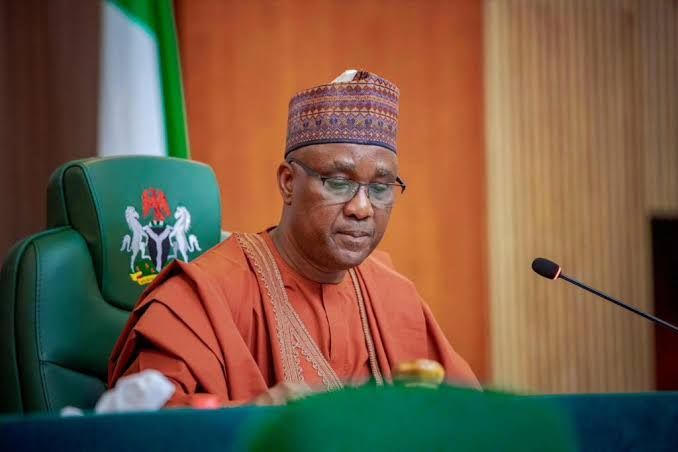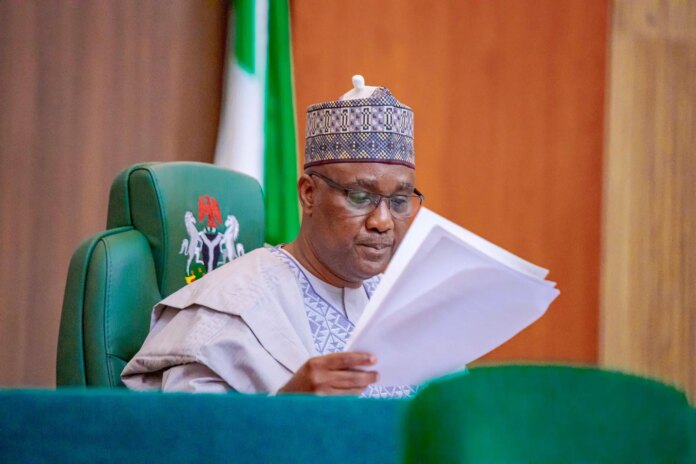Bill proposing jail time and fines for non-voters dropped after intense criticism
The Nigerian government has officially withdrawn a contentious bill that sought to make voting compulsory for all eligible citizens. The proposed legislation, which had advanced to its second reading in the House of Representatives, would have imposed penalties of up to six months in prison or a fine of $63 on citizens who failed to vote during national elections.
Legal and Civil Society Opposition
The move faced swift backlash from legal experts, civil society organizations, and the general public. Critics argued that enforcing voting by law not only infringes on individual freedoms but also contradicts democratic principles where civic participation must remain voluntary.
Human rights advocates emphasized that voting is a constitutional right—not an obligation—and compelling citizens to participate under threat of punishment could lead to further disillusionment in Nigeria’s electoral system.
“Compelling citizens to vote is a dangerous slope that could lead to the erosion of civil liberties,” one Lagos-based constitutional lawyer said in a public statement. “It is unfeasible and unconstitutional.”
A Reaction to Record Low Turnout
The bill, co-sponsored by House Speaker Abbas Tajudeen, came as a response to Nigeria’s historically low voter turnout. In the 2023 general elections, only 27% of registered voters participated—marking the lowest turnout since Nigeria returned to civilian rule in 1999.
Supporters of the bill hoped it would reawaken civic responsibility and boost engagement in governance. However, opponents maintained that the solution lies in restoring public trust in the electoral process, not through coercion.
Global Perspective and Final Decision
Compulsory voting is practiced in around 20 countries globally, such as Australia and Belgium, but its effectiveness remains widely debated. While some nations argue it increases voter engagement, others question whether forced participation truly reflects democratic will.

Following widespread consultations with stakeholders and a chorus of dissenting voices, the Nigerian government decided to officially scrap the bill, acknowledging its incompatibility with the nation’s constitutional values and logistical feasibility.
This development marks a pivotal moment in Nigeria’s democratic journey—highlighting the delicate balance between promoting participation and safeguarding civil liberties.
Read Also: Nigeria: Gov’t Files Criminal Defamation Charges Against Senator Natasha Akpoti-Uduaghan




